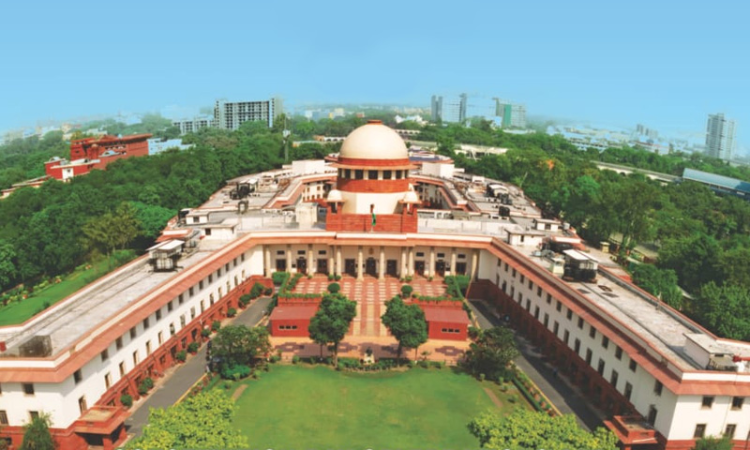Reservation Not At Odds With Merit; Individual Calibre Trascends Performance In Exams : Supreme Court
Mehal Jain
21 Jan 2022 10:34 AM IST

Next Story
21 Jan 2022 10:34 AM IST
The Supreme Court on Thursday ruled that merit should be socially contextualised and reconceptualised as an instrument that advances social goods like equality that we as a society value, and that in this context, reservation is not at odds with merit but furthers the distributive consequences of social justice."Merit cannot be reduced to narrow definitions of performance in an open...
